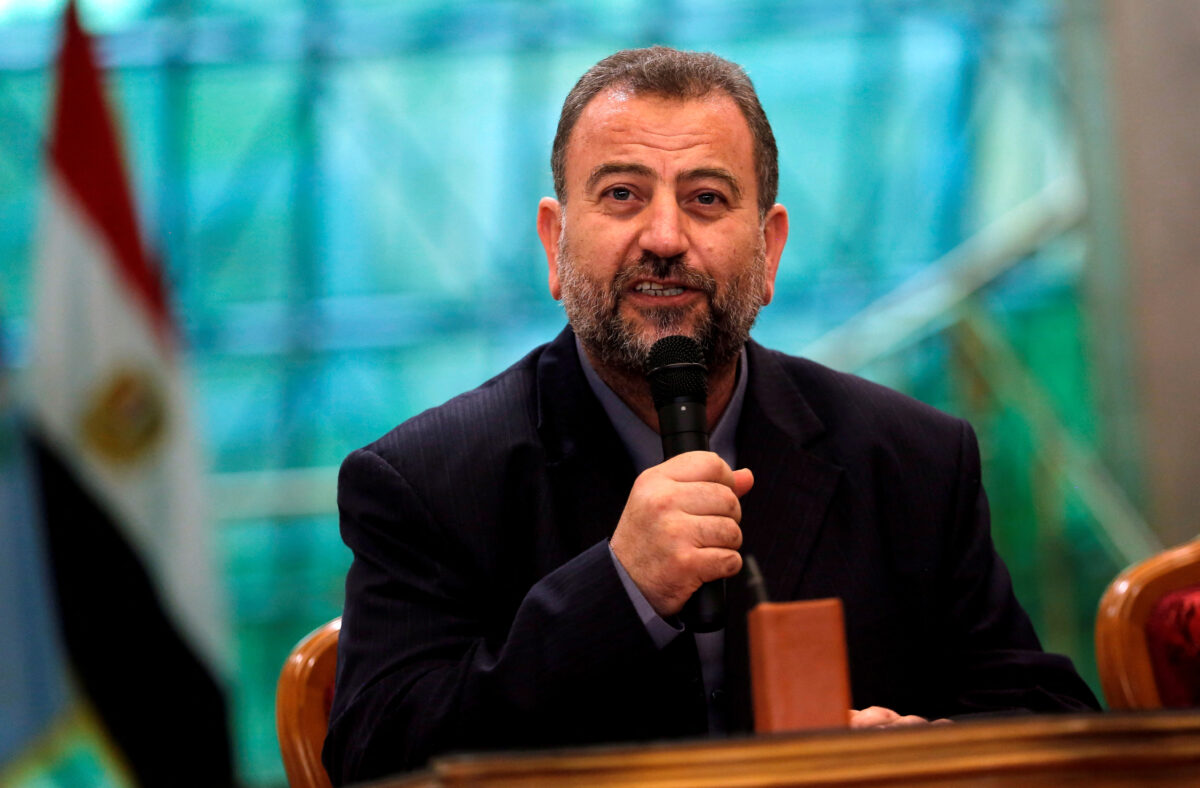Saleh al-Arouri, a prominent figure in Hamas, was recently killed in a drone strike in Beirut, marking a significant escalation in the Israel-Palestine conflict. Al-Arouri, known for his deep involvement in Hamas’s military and political affairs, was struck in a Hezbollah stronghold area, intensifying the regional tensions.
Table of Contents
Saleh Al-Arouri’s Role in Hamas
Joining Hamas in its early days, al-Arouri became a key strategist, instrumental in military operations and political manoeuvres. His influence extended beyond Gaza, with connections in Lebanon, Iran, and other parts of the Middle East. His death not only represents a strategic blow to Hamas but also alters the group’s dynamic with regional allies.
Israel’s Stance and Actions
Israel, while not officially claiming responsibility, has a history of targeted strikes against Hamas leaders. The killing of al-Arouri is seen as part of Israel’s broader strategy to weaken Hamas and disrupt its leadership. Israeli officials remain on high alert, anticipating possible retaliations, especially from Hezbollah, given the location of the strike.
Hezbollah’s Reaction and Regional Implications
Hezbollah’s response to al-Arouri’s death is crucial, as it could dictate the next phase of the conflict. The group, known for its alliance with Hamas and opposition to Israel, has condemned the assassination. This incident has raised fears of a broader conflict involving Lebanon, potentially drawing in other regional powers.
US and International Perspectives
The US, while labelling al-Arouri a terrorist, has expressed concerns about escalating tensions and the potential for a regional war. International reactions have been mixed, with some condemning the strike and others viewing it as a blow to terrorism. The United Nations has called for restraint, highlighting the risk of widespread violence.
The Future of Hamas and Palestinian Response
The future of Hamas, following the death of Saleh al-Arouri, is poised at a critical juncture. Hamas, recognised as a terrorist organisation by several countries, including Israel, the United States, and the European Union, faces the challenge of maintaining its political and military influence in the region. The response of the Palestinian people to al-Arouri’s death has been one of anger and mourning, viewing him as a significant figure in their struggle. The incident may fuel further resistance and heighten emotions among Palestinians, potentially leading to escalated tensions with Israel. However, it also puts Hamas in a position to reassess its strategies and leadership dynamics. Internationally, there is concern about the potential for increased violence and instability in the region.
Credits: ABC7
Israel’s Preparations and Security Measures
In anticipation of retaliatory attacks, Israel has bolstered its defences, particularly along the Lebanese border. The possibility of Hezbollah employing advanced weaponry, including long-range missiles, has led to heightened security measures in major Israeli cities.
Potential for Escalation and International Mediation
The situation is volatile, potentially escalating into a more significant regional conflict. International mediators, including Egypt and Qatar, may play crucial roles in de-escalating tensions and fostering dialogue. However, the unpredictability of militant responses and the complex web of regional alliances make the outcome uncertain.
The death of Saleh al-Arouri is a pivotal event in the Israel-Palestine conflict, potentially reshaping the regional power dynamics. While it represents a significant moment for Israel in its ongoing struggle against Hamas, it also brings the risk of substantial retaliation and broader conflict. The situation remains fluid, with the international community closely monitoring developments. The need for an optimised solution between responding to threats and avoiding wider conflict has never been more critical.



